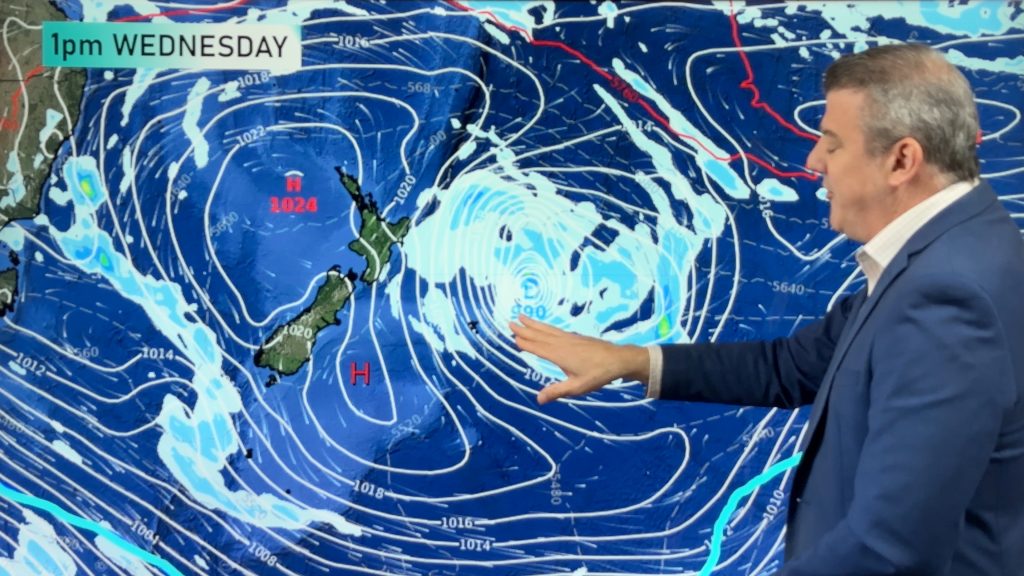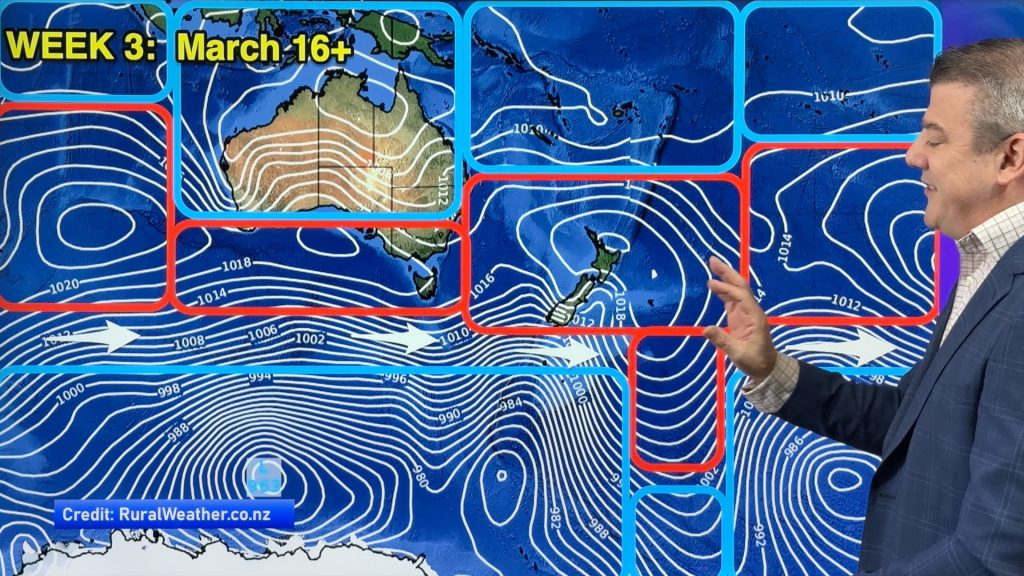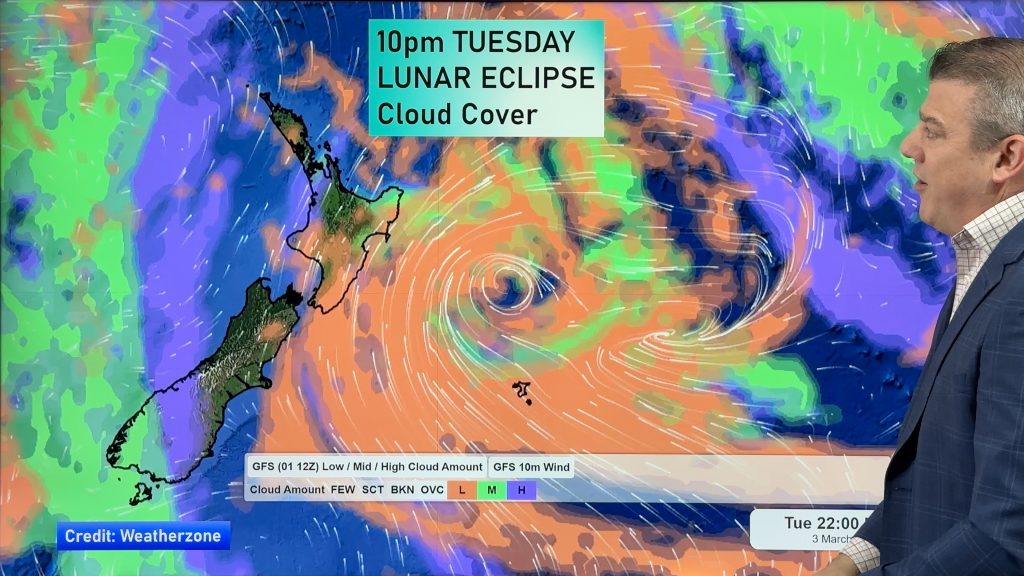
> From the WeatherWatch archives
New Zealand has all the ingredients to make the perfect cap cloud, those ethereal, wispy blobs sitting plonked on top of hills that seem to come and go as you watch.

We have the hills and mountains, we have plenty of wind and we also have lots of moisture.
All it takes is a bit of cool, damp air being forced up a ridge by the wind and you’ll get enough condensation to form clouds on the summit if the temperature up there drops low enough.
Then, on the other side of the hill top, the cloud dissolves almost magically, as the wind rushes down the slope and the air temperature rises again.

My favourite cap cloud is the one which frequently lays like a cuddly blanket along the summit of what is possibly my best-loved hill/mountain too – Mt Cargill in Dunedin.
This curved, volcanic outcrop northeast of the city is 676 metres high (2218 feet in the old money) and has an exclamation mark on the top of it in the form of a tall television transmitter tower.

When the damp, cold nor’easter rolls off Blueskin Bay and up the hills towards Mt Cargill, it doesn’t take much before the shroud forms. From the Dunedin side, the cap cloud looks like it is streaming over the summit and down the valley before it dissipates, and the TV mast often sticks out like a sore thumb, appearing mysteriously attached to nothing other than cloud.

Sunrise and sunset add vivid colours to Mt Cargill’s cap cloud. Down lower in the city, you can often tell a warm, dry nor’west wind is about to arrive if the blanket on the top of Mt Cargill rapidly disappears.

Similar cap clouds are often seen draped over Wellington’s eastern hills and the Orongorongo Range when easterly winds are blowing there.
Do you have any near your place?
By Guest Weather Analyst Paul Gorman
Comments
Before you add a new comment, take note this story was published on 26 May 2020.





Add new comment